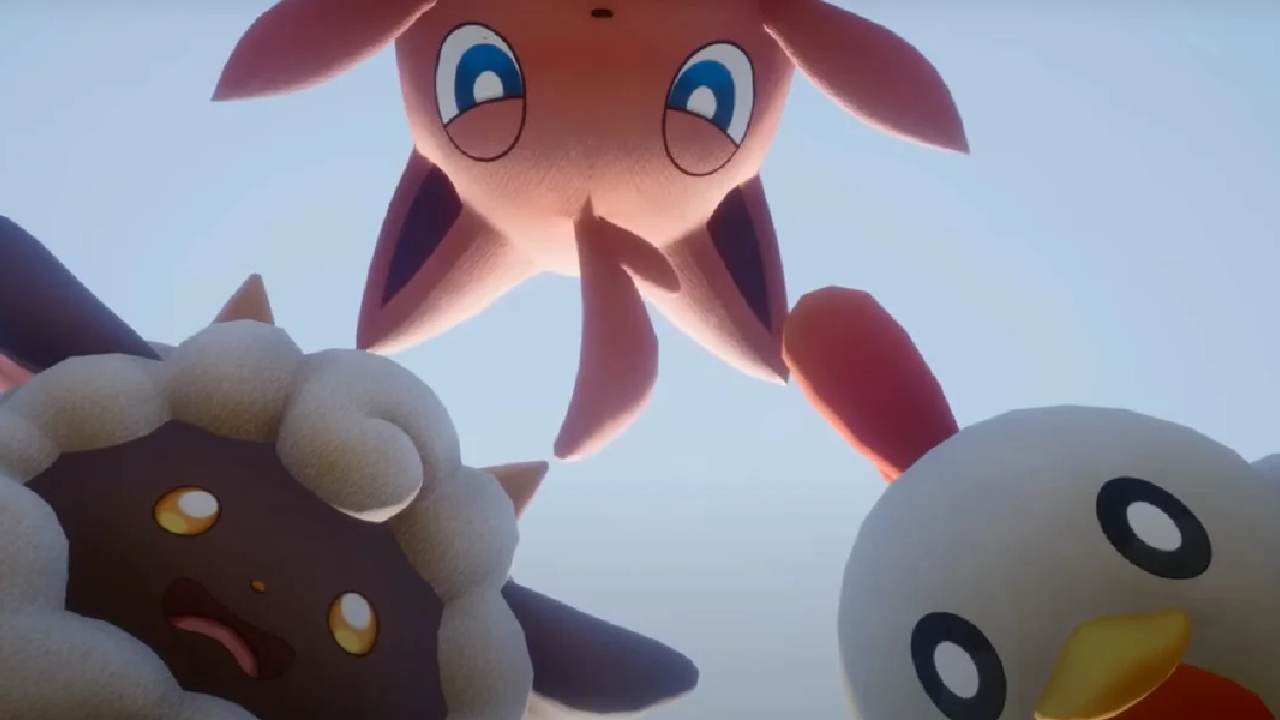
United Gaming – The legal conflict between Nintendo and PocketPair, the studio behind Palworld, continues to escalate. Nintendo claims that Palworld copies elements from Pokémon, violating patents the company previously filed. The lawsuit has sparked heated debates among gamers and industry observers about creativity and originality in game design. However, Nintendo’s legal position is now under pressure. The Japanese Patent Office (JPO) recently rejected one of Nintendo’s key patents tied to the Palworld case. This decision could weaken Nintendo’s argument and shift the momentum toward PocketPair. For fans, the case isn’t just about two companies it’s a battle over the boundaries of inspiration and imitation in the gaming world.
According to Gamesfray, the JPO denied Nintendo’s patent 2024-031879, published as 2024-059945 and titled JP7505852. The application was a continuation of earlier filings from 2023 and 2024 that Nintendo hoped to use in its case against Palworld. However, the JPO rejected it, stating the mechanics Nintendo described were not original. The examiner argued that similar systems already existed in popular games like ARK: Survival Evolved, Craftopia, Monster Hunter 4, and Kantai Collection. Nintendo’s attempt to claim exclusive rights over certain gameplay features was seen as too broad. For now, this rejection represents a major obstacle in Nintendo’s effort to prove Palworld infringed on its intellectual property.
The patent office based its rejection on a critical point: Nintendo’s ideas weren’t innovative enough. Officials concluded that the company’s proposed mechanics combined existing concepts already familiar to developers. They stated that anyone with standard technical knowledge could reproduce these features without significant innovation. Essentially, Nintendo tried to patent gameplay elements that are considered common in the gaming industry. This ruling challenges the foundation of Nintendo’s case, as it depends on proving that Palworld copied something unique and protected. For Nintendo a company known for its groundbreaking ideas this is an ironic twist. The decision serves as a reminder that even the most iconic names in gaming must meet strict standards when protecting their creations.
The rejection doesn’t just affect one filing. Nintendo’s denied patent, 2024-031879, connects to another submission, JP7545191. Because these two patents are linked, the rejection raises doubts about the second one’s validity. If a core patent falls, any related applications risk falling with it. Legal analysts note that this development could weaken Nintendo’s overall legal position, both in Japan and abroad. Without clear, enforceable patents, it becomes harder to argue that PocketPair broke any laws. This setback doesn’t end the case, but it certainly complicates Nintendo’s strategy. The company now faces a critical decision: whether to adjust its claims, file an appeal, or abandon the patent altogether.
The JPO’s decision isn’t final, giving Nintendo some room to act. Under Japanese law, the company has 60 days to respond either by appealing or revising the patent’s claims. That means Nintendo must decide before December 2025. If it appeals, the company must prove its mechanics differ significantly from existing ones. If it withdraws, it risks undermining the patents that depend on this filing. Each path carries consequences. A revision might extend the case for months, while withdrawal could weaken future lawsuits. Industry experts say Nintendo is now balancing legal pressure with reputational risk. The company’s next move will reveal whether it plans to double down or regroup and rethink its patent approach.
“Read More : OpenAI Empowers Developers with Customizable AI Safety Through New ‘Safeguard’ Models”
The rejection puts PocketPair in a stronger position. Without a valid patent, Nintendo’s argument that Palworld copied Pokémon becomes less convincing. Many in the gaming community have long debated whether Palworld is a clever tribute or a direct imitation. The JPO’s decision supports the view that common game mechanics can’t be monopolized. It reinforces the idea that creativity in gaming often comes from reimagining familiar concepts rather than inventing entirely new ones. For PocketPair, this ruling is a small but meaningful victory. Still, the broader lawsuit continues, and Nintendo may appeal to strengthen its legal claims. The outcome could influence how future games navigate the fine line between inspiration and infringement.
Beyond the courtroom, this dispute highlights a deeper issue in modern game design: where does inspiration end and imitation begin? In today’s industry, many beloved titles borrow mechanics from their predecessors, building on decades of shared innovation. The JPO’s ruling reminds developers that originality lies not in isolated mechanics but in how they’re combined and expressed. For Nintendo, the setback may serve as a humbling moment a call to focus on creative evolution rather than legal control. For developers worldwide, it’s an encouraging signal that the gaming landscape remains open for innovation. The Palworld case is no longer just a legal story; it’s a reflection of how creativity thrives when boundaries are tested, not restricted.